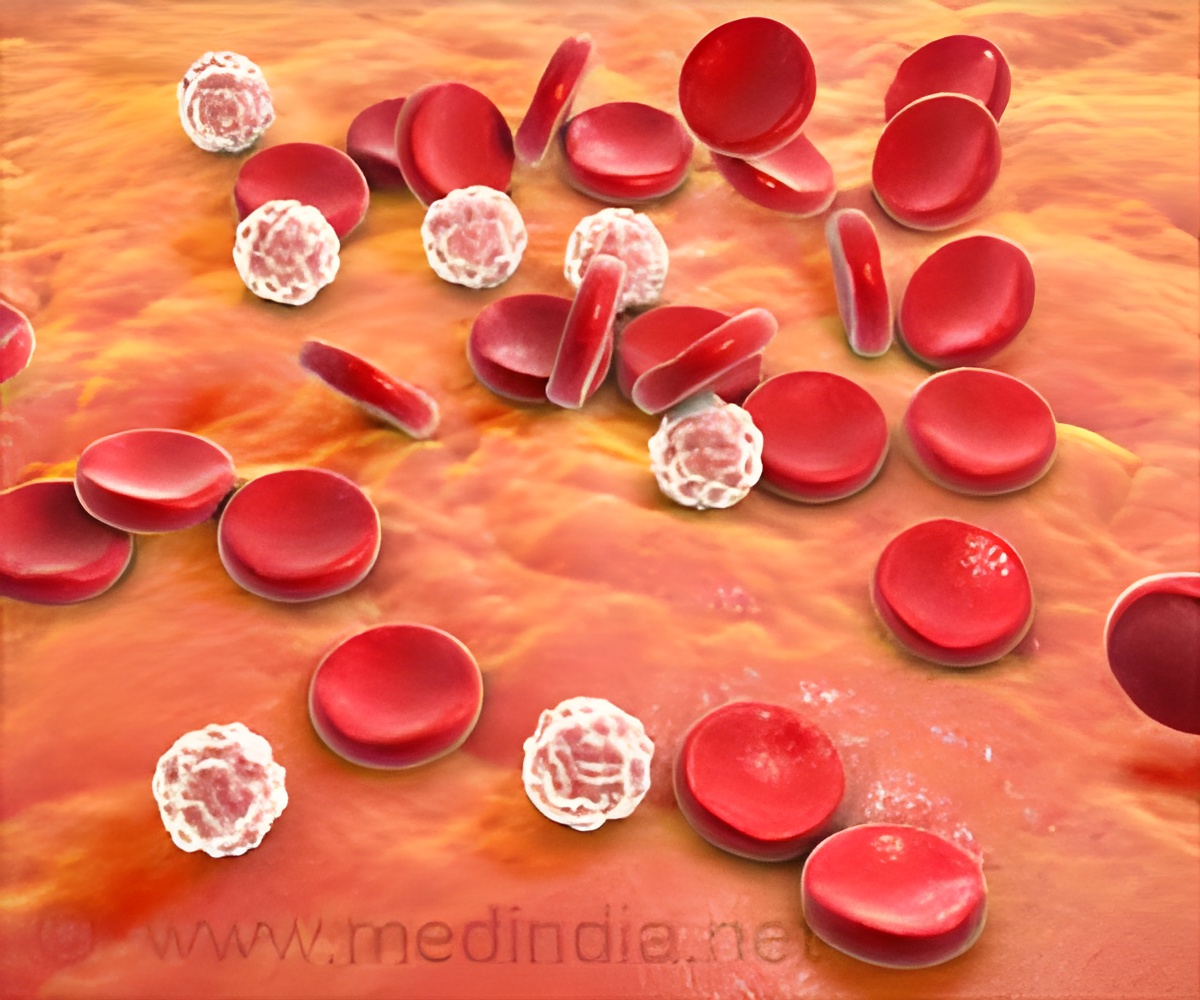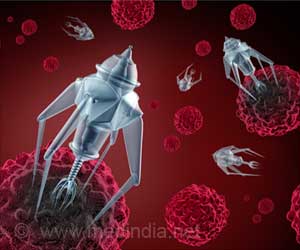Salk researchers have discovered how to curb the growth of cancer cells by blocking the cells' access to certain nutrients.

‘Cancer cells starve to death when access to certain nutrients are blocked, but normal cells are already used to this constraint so they're not affected.’





"When we block access to these resources, cancer cells starve to death but normal cells are already used to this constraint so they're not affected," says Satchidananda Panda, a professor in the Salk Institute's Regulatory Biology Laboratory and lead author of the paper. The circadian cycle, the intrinsic clock that exists in all living things, is known to help control when individual cells produce and use nutrients, among many other functions. Scientists previously discovered that proteins known as REV-ERBα and REV-ERBβ are responsible for turning on and off cells' ability to synthesize fats, as well as their ability to recycle materials--a process called autophagy--throughout the day. In healthy cells, fat synthesis and autophagy are allowed to occur for about 12 hours a day when REV-ERB protein levels remain low. The rest of the time, higher levels of the REV-ERB proteins block the processes so that the cells are not flooded with excessive fat synthesis and recycled nutrients. In the past, researchers developed compounds to activate REV-ERBs in the hopes of stopping fat synthesis to treat certain metabolic diseases.
Panda and his colleagues wondered whether activating REV-ERBs would slow cancer growth, since cancer cells heavily rely on the products of both fat synthesis and autophagy to grow.
"While current cancer research was investigating established cancer hallmarks/characteristic we decided to explore something completely new," says Research Associate Gabriele Sulli, the paper's first and co-corresponding author. "Given the importance of the circadian clock in the regulation of many cellular and physiological processes we hypothesize that targeting the circadian clock with drugs may open the way to novel anticancer strategies. This study is very exciting because it sheds light on a new uncharacterized way to treat cancer with very limited toxicity."
Adds Panda, "We've always thought about ways to stop cancer cells from dividing. But once they divide, they also have to grow before they can divide again, and to grow they need all these raw materials that are normally in short supply. So cancer cells devise strategies to escape the daily constraints of the circadian clock."
Advertisement
"Activating REV-ERBs seemed to work in all the types of cancer we tried," says Panda. "That makes sense because irrespective of where or how a cancer started, all cancer cells need more nutrients and more recycled materials to build new cells."
Advertisement
"These are all fundamental elements required by all living cells," says Verma. "By affecting REV-ERBs, you get to the heart of how cells grow and proliferate, but there are lots of other ways to get at this as well."
Verma says his group is planning follow-up studies on how, exactly, the REV-ERB activators alter metabolism, as well as whether they may affect the metabolism of bacteria in the microbiome, the collection of microbes that live in the gut. Panda's team is hoping to study the role of other circadian cycle genes and proteins in cancer.
Source-Eurekalert















